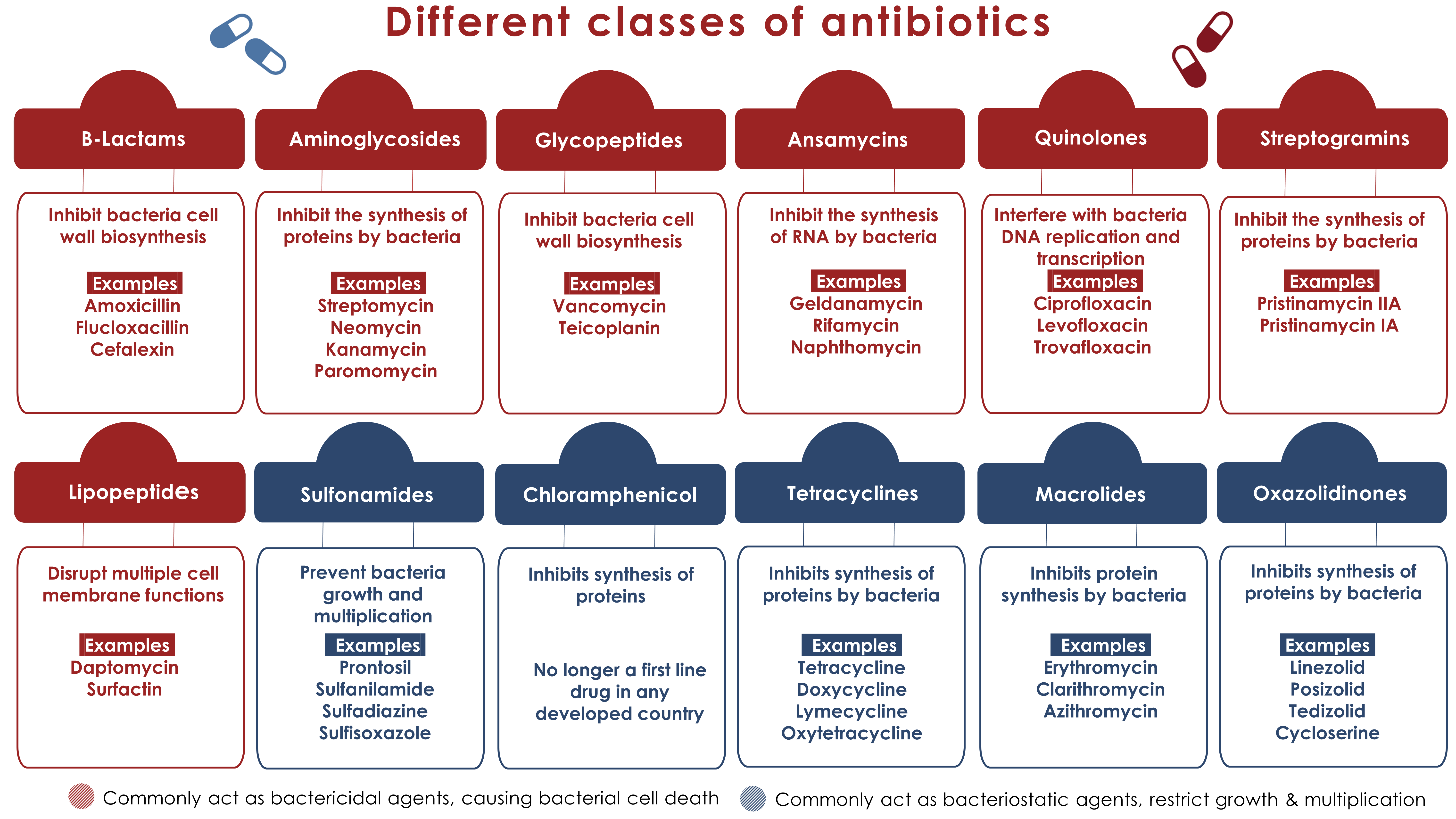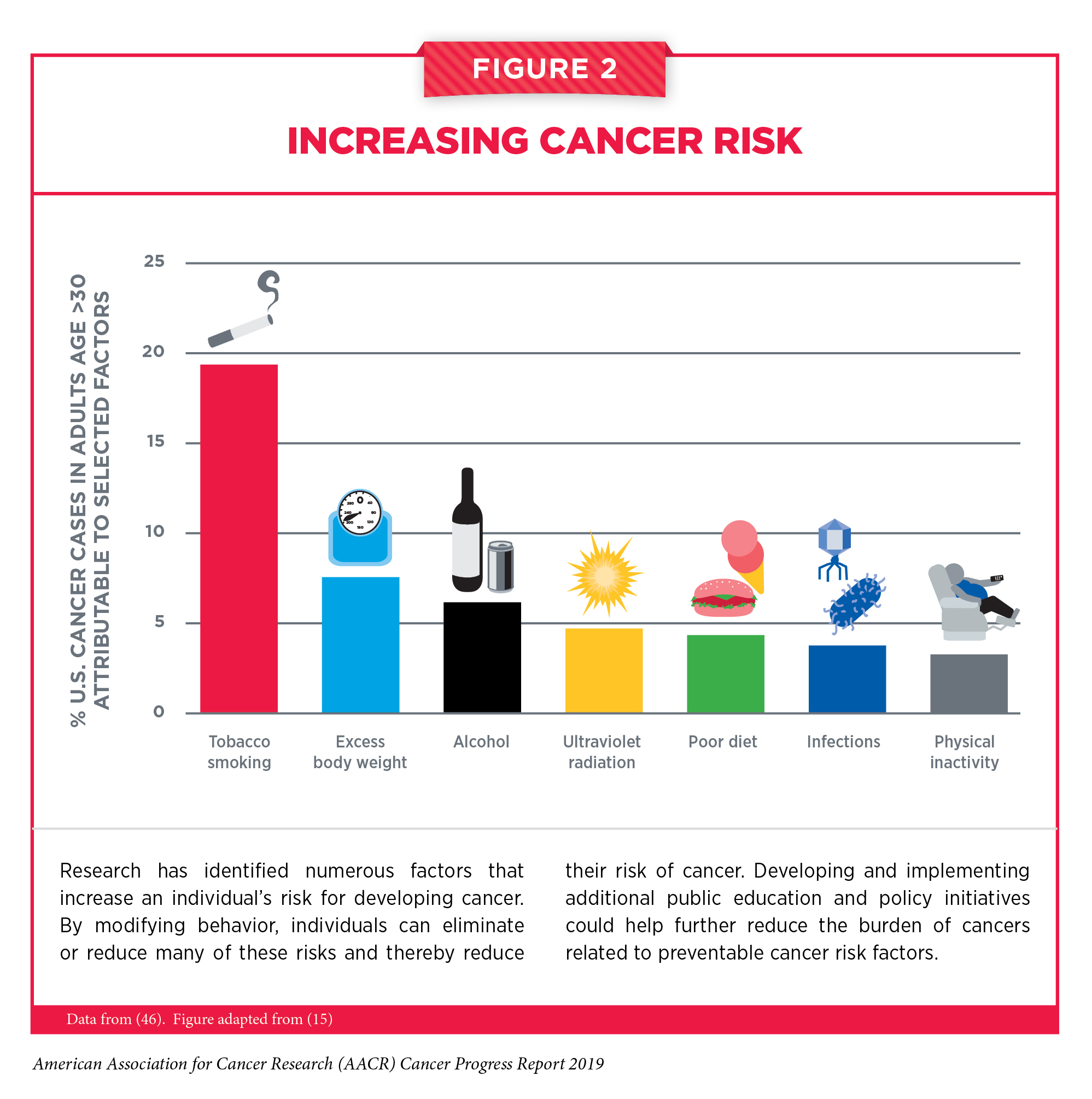In the battle against drug-resistant infections, a groundbreaking development has emerged with the introduction of a new class of antibiotics from Kinvard Bio. This innovative startup, stemming from Harvard University, aims to combat the escalating threat of antibiotic resistance that poses a significant health crisis worldwide. The compounds being developed by Kinvard Bio, known as oxepanoprolinamides, show remarkable promise in targeting the bacterial ribosome, a critical component in bacterial protein synthesis. These antibiotics are designed to tackle drug-resistant bacteria more effectively than traditional options, potentially revitalizing antibiotic treatment landscapes. As the global fight against antimicrobial resistance intensifies, Kinvard Bio’s pioneering efforts may herald a new era in infectious disease management.
As the world faces a daunting challenge with antimicrobial resistance, the emergence of a novel category of antibacterial agents is both timely and necessary. This new class of antibiotics, spearheaded by Kinvard Bio, is focused on addressing the urgent needs posed by resistant bacterial strains. These innovative therapies, referred to as oxepanoprolinamides, showcase a unique mechanism of action against the bacterial ribosome, a target known for its clinical relevance. By leveraging novel synthetic chemistry techniques, this initiative seeks not only to reestablish effective treatment pathways but to ensure that future generations have access to reliable antibacterial options. In an era where conventional antibiotics often fall short, the implications of this research could redefine therapeutic strategies against stubborn infections.
The Quest for New Antibiotics in the Era of Resistance
Antibiotic resistance has evolved into a formidable global health challenge, prompting urgent calls for innovative solutions. With the rise of drug-resistant bacteria, traditional antibiotics have increasingly become ineffective, threatening the lives of millions. The World Health Organization has warned of a post-antibiotic era where even minor infections could become lethal. This alarming situation has galvanized researchers and biotechnology firms alike to explore novel avenues in antibiotic discovery, highlighting the crucial need for new classes of antibiotics that can overcome the defenses of evolving pathogens.
Kinvard Bio emerges as a beacon of hope within this landscape, spearheading efforts to develop a new class of antibiotics specifically designed to combat drug-resistant infections. The urgency to find such solutions is underscored by the fact that only a handful of new antibiotics have been approved in the last several years. With innovative approaches such as targeting the bacterial ribosome, Kinvard Bio aims to revitalize antibiotic development, ensuring that future generations have effective treatments against both existing and emerging bacterial threats.
Frequently Asked Questions
What is Kinvard Bio and its role in combating drug-resistant bacteria?
Kinvard Bio is a biotechnology startup emerging from Harvard University focused on developing a new class of antibiotics specifically to combat drug-resistant bacteria. They aim to address the critical public health crisis caused by antibiotic resistance by creating innovative compounds known as oxepanoprolinamides, which target the bacterial ribosome in a way that may overcome existing resistance mechanisms.
How do the new class of antibiotics developed by Kinvard Bio work against antibiotic resistance?
The new class of antibiotics developed by Kinvard Bio utilizes a unique approach targeting the bacterial ribosome. The oxepanoprolinamides are structurally designed for effective binding, aiming to circumvent the resistance mechanisms that drug-resistant bacteria have developed against conventional antibiotics.
What are oxepanoprolinamides and why are they significant in antibiotic resistance treatment?
Oxepanoprolinamides are a promising new class of antibiotics being developed by Kinvard Bio. Their significance lies in their ability to bind to the bacterial ribosome in a highly differentiated manner, potentially allowing them to remain effective against pathogens that are resistant to existing antibiotics. This innovative binding mechanism may provide a new strategy in the fight against antibiotic resistance.
What challenges are associated with antibiotic discovery, particularly regarding Kinvard Bio’s new class of antibiotics?
The challenges in antibiotic discovery include the rapid development of antibiotic resistance among bacteria and the slow rate of approval for new antibiotics. Between 2017 and 2022, only a dozen antibiotics were approved globally, emphasizing the urgency for innovative solutions like those from Kinvard Bio, which is developing advanced oxepanoprolinamides to combat this issue.
What types of infections are Kinvard Bio’s antibiotics targeting?
Kinvard Bio’s new class of antibiotics targets a range of infections that include acute and chronic conditions such as bacterial pneumonia, complicated urinary tract infections, and chronic respiratory infections. This focus addresses significant unmet medical needs in treating infections caused by drug-resistant bacteria.
What impact could Kinvard Bio’s new antibiotics have on future treatment of infections?
The new antibiotics developed by Kinvard Bio have the potential to significantly impact future treatment of infections, especially those caused by drug-resistant bacteria. By utilizing oxepanoprolinamides that target the bacterial ribosome efficiently, these antibiotics could restore efficacy in treating infections that current antibiotics can no longer effectively address.
Why is the bacterial ribosome a target for new antibiotic development?
The bacterial ribosome is a critical target for antibiotic development because it plays a vital role in protein synthesis within bacteria. Targeting the ribosome allows antibiotics to disrupt essential cellular functions, making it an effective site for attacking drug-resistant microorganisms. Kinvard Bio’s research focuses on optimizing binding to this target to enhance antibiotic efficacy.
How are Kinvard Bio’s antibiotics differentiated from existing antibiotics?
Kinvard Bio’s antibiotics, specifically the oxepanoprolinamides, are differentiated from existing antibiotics through their distinctive binding strategy to the bacterial ribosome. This novel approach allows for enhanced efficacy against bacteria that have developed resistance to traditional antibiotics, potentially creating a breakthrough in treatment options for infectious diseases.
What role do synthetic chemistry innovations play in Kinvard Bio’s antibiotic development?
Synthetic chemistry innovations are fundamental to Kinvard Bio’s antibiotic development, enabling the design and assembly of oxepanoprolinamides that are optimized for binding to the bacterial ribosome. This advanced synthetic methodology allows researchers to create complex molecules that can effectively combat drug-resistant bacteria, illustrating the importance of chemistry in addressing public health challenges.
What future plans does Kinvard Bio have for their new class of antibiotics?
Kinvard Bio plans to advance their new class of antibiotics through rigorous preclinical studies and eventually into human clinical trials. They aim to develop both intravenous and oral formulations to ensure optimal delivery and effectiveness in treating various drug-resistant infections, expanding their application to tackle pressing medical needs.
| Key Point | Details |
|---|---|
| Introduction of Kinvard Bio | A Harvard startup focused on developing a new class of antibiotics to combat drug-resistant infections. |
| Antibiotic Resistance Crisis | Antibiotic resistance is responsible for over a million deaths globally, and new antibiotics are approved infrequently. |
| Research Background | Myers Lab has focused on developing innovative antibiotics targeting the bacterial ribosome for over a decade. |
| Unique Antibiotic Class | Kinvard’s antibiotics, called oxepanoprolinamides, are designed for effective binding to the ribosome, potentially avoiding existing resistance. |
| Future Funding and Development | The startup has secured funding from CARB-X and aims to develop antibiotics for various serious infections, including pneumonia and urinary tract infections. |
| Potential Impact | Kinvard’s innovative approach could provide effective treatment options for drug-resistant infections, addressing a critical health need. |
Summary
The emergence of a new class of antibiotics is vital in combating the growing threat of antibiotic-resistant infections. With Kinvard Bio spearheading efforts in this field, the potential for groundbreaking advancements in treatment options is promising. Focused on innovative compounds like oxepanoprolinamides, Kinvard aims to provide targeted solutions to reverse the tide of antibiotic resistance and deliver effective therapies for various severe infections, thus ensuring healthier futures.




